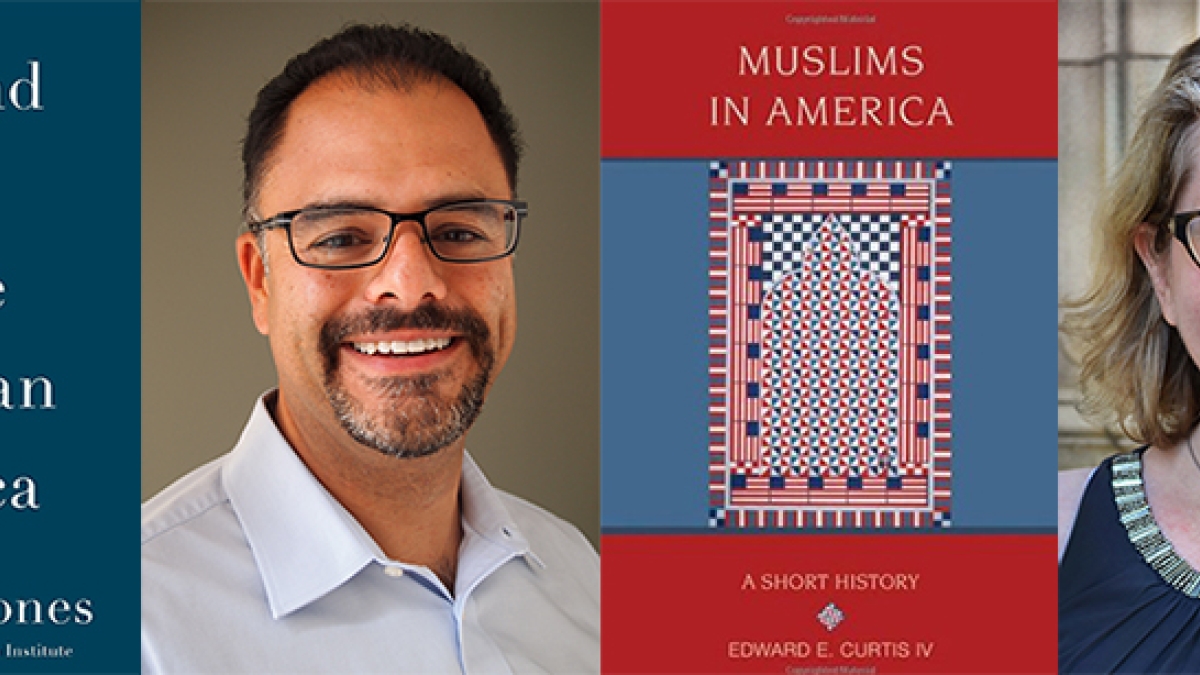Author discusses decline of white Christian population in U.S.

Is the United States a post-white Christian nation?
That’s the question Robert P. Jones asks in his new book, The End of White Christian America, which explores the political and social effects of the declining white Christian population in the United States.
Jones will discuss the book, praised as "quite possibly the most illuminating text for this election year" by The New York Times Book Review, at a panel discussion Thursday, Oct. 20, at 4:30 p.m., in Old Main’s Carson Ballroom.
The panel, “Presidential Politics and the Making of American Identity,” is the next installment of the Center for the Study of Religion and Conflict’s Alternative Visions speaker series.
Jones is the CEO of Public Religion Research Institute, a national, nonprofit research organization that conducts public opinion polls on a variety of political and cultural topics.
Other panelists include Edward E. Curtis, Millennium Chair of the Liberal Arts, and professor of religious studies at the Indiana University School of Liberal Arts at Purdue University Indianapolis; and Laura R. Olson, professor of political science at Clemson University, and an expert on religion and politics. The panel will be moderated by center director and professor of religious studies, Linell Cady.
The event is free and open to the public, and will be followed by Q&A, as well as a book signing. For more information please see the event webpage. This event will also be live streamed on ASU-TV at http://www.ustream.tv/asutv.
The Center for the Study of Religion and Conflict is an interdisciplinary research unit of the College of Liberal Arts and Sciences that examines the role of religion as a driving force in human affairs.
The Religion and Conflict: Alternative Visions speaker series brings nationally and internationally recognized experts such as Michael Ignatieff, Karen Armstrong, Andrew Bacevich, David Eagleman, and Reza Aslan to campus to address the sources and dynamics of conflict and strategies for its resolution. The series is supported by a grant from philanthropist John Whiteman.
Story by Sarah Jarvis

